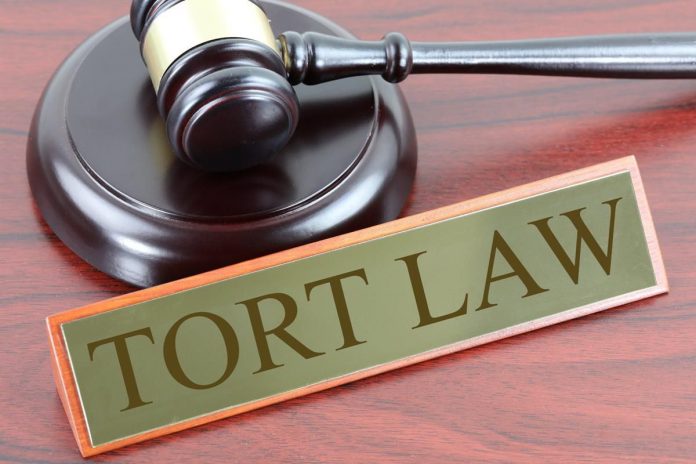INTRODUCTION
“Mischief is defined in Section 425 of the Indian Penal Code. It states that whoever, with an intention to cause, or knowing that he is likely to cause, wrongful loss or damage to the public or to any person, causes the destruction of any property or in the situation with the intent to destroy or diminish its value or utility, or affects it injuriously, commits mischief.
In layman’s words , mischief is blocking someone from the amusement in their belongings via way of means of inflicting destruction of the belongings in a single manner or the other. It is an act this is carried out with the aim of inflicting wrongful loss or harm to the general public or any person. It is synonymous with phrases like ‘crook mischief’, ‘malicious mischief’ and ‘vandalism’.
SCOPE
Mischief covers all of the acts that are completed with the purpose of inflicting harm to the property. Any act proceeding to reason wrongful loss to any character via way of means of diminishing the cost of some thing owned via way of means of the character quantities to mischief. Acts completed with the purpose of inflicting wrongful profits to oneself also are constituted as mischief. An act will be made punishable of mischief best whilst the acts inflicting harm are completed willfully and with the understanding of the consequences.
Essential Ingredients
The elements essential for an act to be considered as mischief are:
Intention or Knowledge to Cause Wrongful Loss or Damage
The accused need to have an goal or know-how of inflicting harm to any assets or wrongful loss to any person. The goal of inflicting harm or wrongful loss on my own is sufficient for it to be referred to as mischief. The act might also additionally or won’t be directed immediately toward the proprietor of the assets. An instance of a communal disturbance, wherein human beings have the goal of destroying assets however are least involved approximately the possession of the assets. This falls into the standards of mischief.
- Wrongful Loss or Damage
The crucial intellectual detail at the same time as committing mischief ought to be directed in the direction of inflicting ‘destruction to the belongings’, ‘harm’ or ‘wrongful loss’ to the general public or any person that allows you to represent the actus reus for the offense of mischief. The purpose of the accuser may be that of inflicting wrongful loss or harm to any person. For example, tearing off a few essential files regarding belongings or finances.
- Causing Destruction of Any Property or Any Change in It
It is essential that harm is due to one manner or the alternative and the harm must be an instantaneous result of the alleged act. Mischief also can be due to inflicting destruction or modifications in any property. For example, converting the phrases of a speech or deliberately destroying some thing owned through somebody.
- Destroys or Diminishes Value or Utility, etc.
Diminishing the price of some thing like, leaking out an examination paper or intentionally misplacing crucial documents and folders in time of want constitutes mischief. The application of the item will be conceived from the belief of the proprietor and now no longer the accused.
Scope of Section 436
This section deals with the punishment for committing mischief by destroying any human dwelling by fire or explosive substance. It includes properties that are ordinarily used as human dwellings like, any house, place of worship or place for the custody of property, etc. It may not necessarily be a completed well-furnished structure. It can be partially constructed and could be of any material. The establishment of this section requires clear evidence with regard to the identities of whoever actually set ablaze the property. The accused under this section may be punished with imprisonment for life or for a term which may extend to ten years and a fine.
CONCLUSION
Crime is an age-vintage phenomenon, a deep-rooted evil, born and evolved together with the improvement of man, which steadily have become a usual illness afflicting every and each society. There are diverse reformative steps that may be taken to shrink distinct crimes which might be growing rampantly. The simplest manner to govern the crimes and to decrease its allied awful outcomes on society is through implementing right punishment at the accountable individuals and imposing them with none delay. The cause of the IPC is to specific a proper social condemnation of forbidden behavior supported through sanction calculated to save you it. It attempts to evaluate the rationale and purpose of the act done. With the modern improvement of our society, there are numerous types of troubles and crimes which want to be dealt with. Thus we require modernization of our regulation device with accurate interpretation and stricter implementation.
REFRENCES
- R.K Bangia’s Law of Torts
- Indian Kanoon
- www.legalservicindia.com
- www.casemine.com
- lawtimesjournal.in
- www.legalbites.in
- www.latestlaws.com
- lawtimesjournal.in








